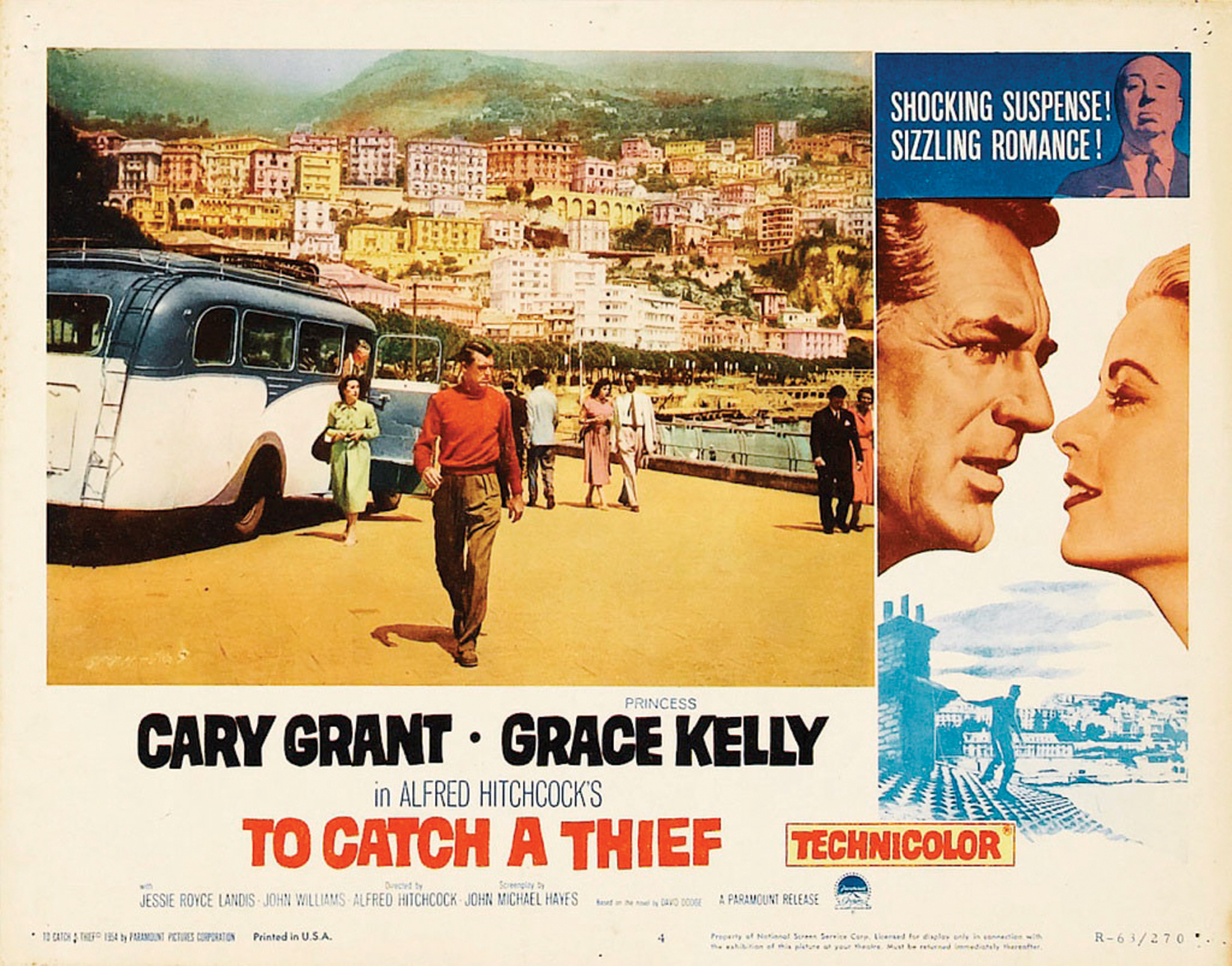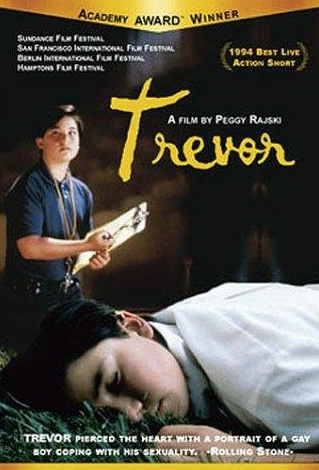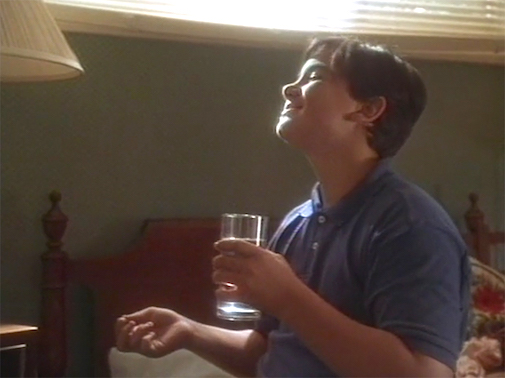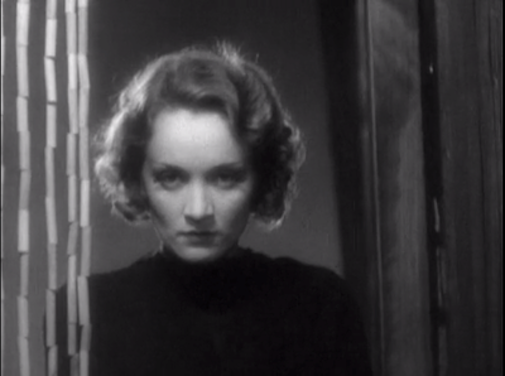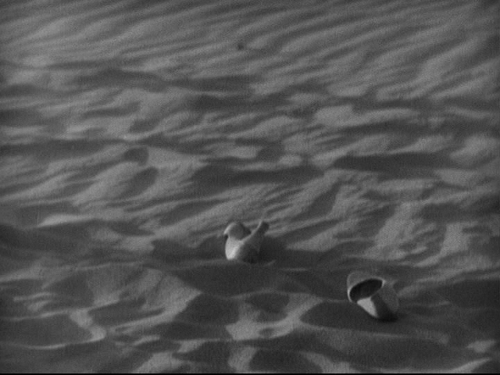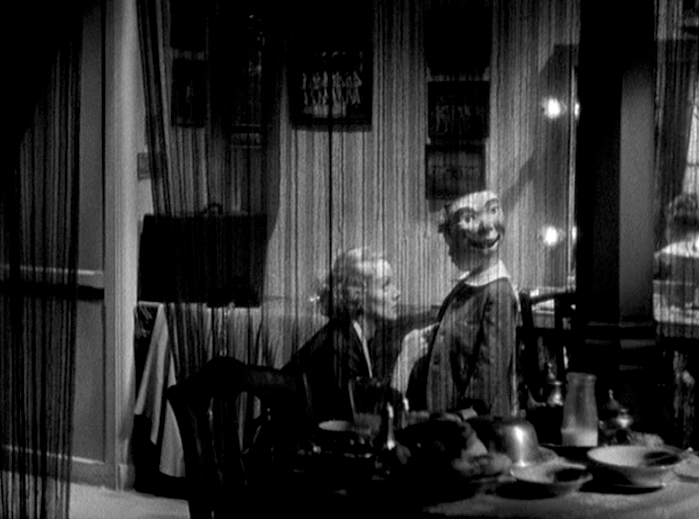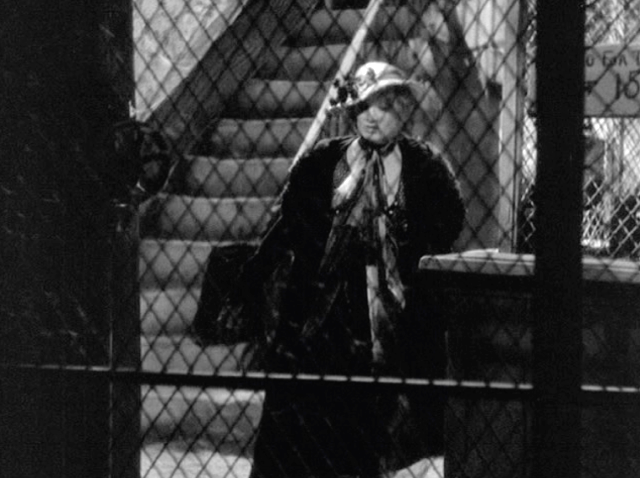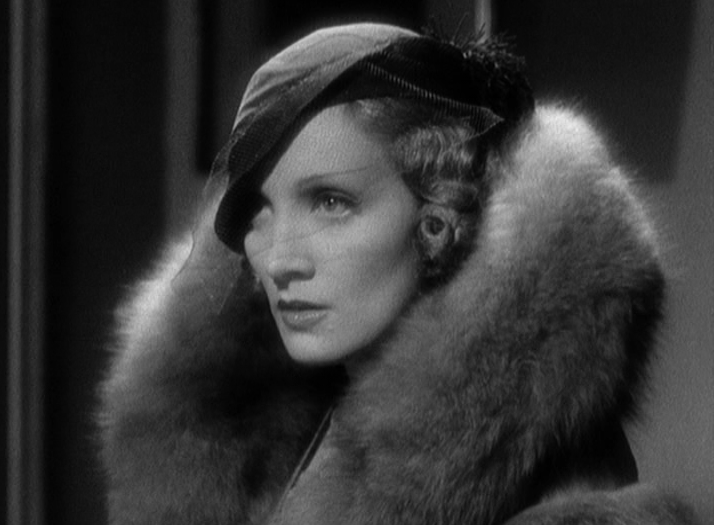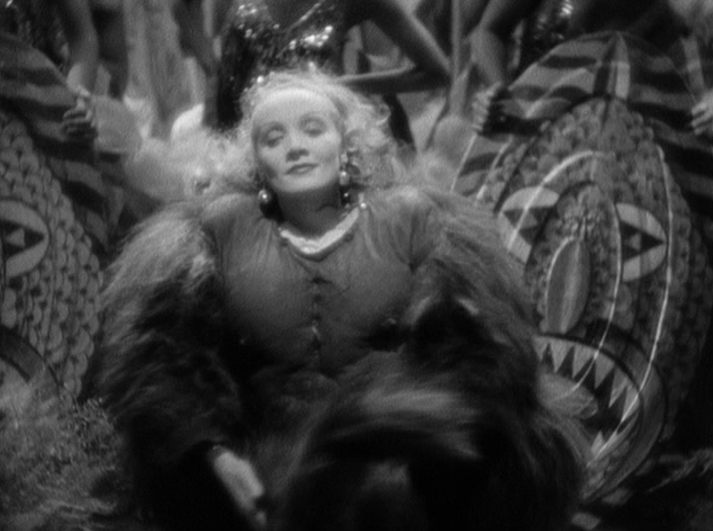Best Shot(s): The Bitter Tears of Petra Von Kant (1972)
 Wednesday, June 22, 2016 at 12:18AM
Wednesday, June 22, 2016 at 12:18AM Hit Me With Your Best Shot
Season 7 Episode 16
The Bitter Tears of Petra Von Kant
Written and Directed by Rainer Werner Fassbinder
Cinematography by Michael Ballhaus
When you watch a lot of movies you inadvertently end up drawing comparisons between films that you wouldn't have thought to put in conversation previously. It's as if you've accidentally become a guest programmer of a repertory theater or a local festival. Such was the case this week when I (not intentionally) watched Whos Afraid of Virginia Woolf (1966) and The Bitter Tears of Petra Von Kant (1972) nearly back to back and shook my fists to the heavens and cursed the name of anyone who ever regurgitated the lie that you have to "open up" stage plays to make them work on screen.
 Tears. not totally bitter yet but she's getting there.
Tears. not totally bitter yet but she's getting there.
Sometimes half the power of a text is in its site-specific constriction. So I went from George & Martha's messy drab campus housing with a bar (or at least its contents) in every room, to the stylish studio apartment of fashion designer Petra Von Kant which was paradoxically both over-decorated and minimalist, and both frozen in place and ever-shifting without explanation (Wasn't the bed over there in the last scene? Can these mannequins move around the room at will like the toys in Pixar movies?). I loved every second of both films and especially, perhaps paradoxically for someone who prefers short movies, the foreboding sense that there was no way to exit either film, ever, unless you accepted your fate and drowned in their contagious neuroses.
All it takes to make a play cinematic when it becomes a movie is great filmmakers. That's it. That's the whole formula...




